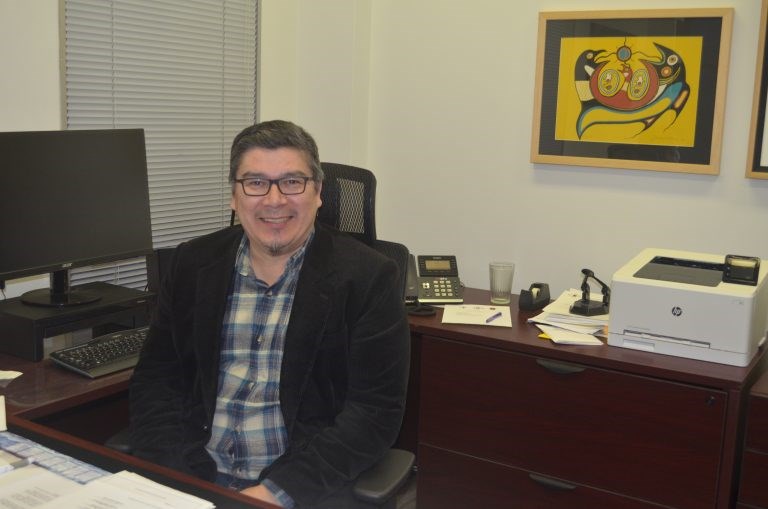Two Indigenous organizations in Northern Manitoba received a combined $1 million from the federal government for an emergency medical responder and medical transportation program.
The recipients of the funding for the 2021-22 fiscal year are Keewatin Tribal Council and the Four Arrows Regional Health Authority.
KTC represents 11 First Nations in Manitoba’s north while FARHA works to improve health outcomes for the Island Lake First Nations of Garden Hill, Wasagamack, St. Theresa Point and Red Sucker Lake.
In addition to helping recruit and train First Nations citizens to safely transport community members to the health care facilities and services that they need and to deliver emergency response, management and support, the program also paves the way for those who want to train to become advanced care paramedics.
“The government of Canada is committed to supporting measures that will lead to health care approaches that are equitable, culturally safe, community-led, and distinctions-based,” said federal Indigenous Services Minister Patty Hajdu in a June 6 press release. “Keewatin Tribal Council and the Four Arrows Regional Health Authority are leading the way in creating and supporting Indigenous-led health systems that provide safe and appropriate health resources in First Nation communities. We must do more together to make sure that our health care systems are safe and respectful for Indigenous Peoples.”
Collectively the program serves 15 First Nations and more than 30,000 people on and off reserve, said FARHA executive director Alex McDougall.
“The Tribal Health Partnership Emergency Medical Responder Training and Medical Transportation Program will enhance delivery of health care services and improve health outcomes for the population it serves,” he said.
KTC director of health John Spence says the COVID-19 pandemic proved that there is a need for trained emergency medical response personnel and non-emergency medical transportation vehicles in First Nations.
“This program is the beginning of First Nations creating the capacity and infrastructure, at the community level, for the transfer of control of health services which are culturally safe and appropriate.”



